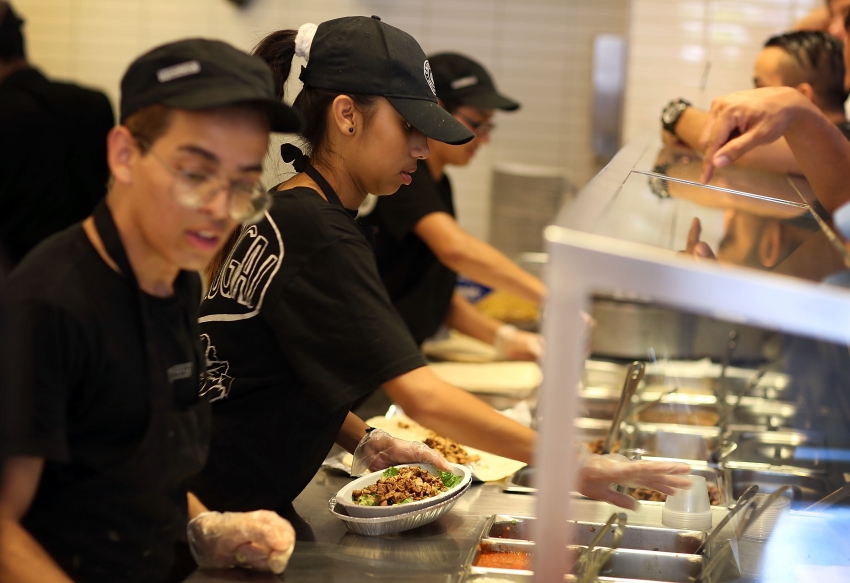My best friend works as a standardized patient, which means she is a practice patient for medical schools to train and test students. One day she’ll play an older woman with a pulmonary embolism, her face stricken with worry, the next someone with depression, limp and listless. Each workday medical students fumble at her bedside, and at her body, some nervous and gentle, others over-confident and brusque, as she guides them through learning their craft. It’s not bad for wage work, with each gig paying somewhere between $16 and $25 an hour, although this doesn’t always cover the time spent learning the part, let alone biking miles through Chicago’s potholed streets so she can make it from one 3-hour gig to the next.
Even though it’s not bad, she’s living—like most people in this country—on a razor’s edge. One of her gigs this week was cancelled because of the COVID 19 outbreak, which is now officially a global pandemic. Her employer paid her for the job, because she got less than 24-hours notice, but she will receive no pay for the other upcoming events this and next week that have been cancelled. One of her other gigs (all her jobs are non-union) has a two-week cancellation policy, a source of comfort to her. But what if that workplace gets shut down for more than two weeks? What if all of her jobs are shut down for six? If her income dries up, there’s no designated person to swoop in and help her, no bailout or government agency that has her number and will make sure she’s okay. She’s about two months out from not being able to pay rent or buy food.
My friend’s situation is unremarkable. She’s slightly better off than many Americans, 40% of whom don’t have enough money in the bank to weather a $400 emergency. She’s got $1,960 in her checking account, and $2,010 in her savings—although the latter will all go to her taxes, which are high because she’s classified as an independent contractor at some of her jobs. Perhaps most critically, she has access to extended networks of white wealth that people of color don’t have, and she can call on them in a pinch.


